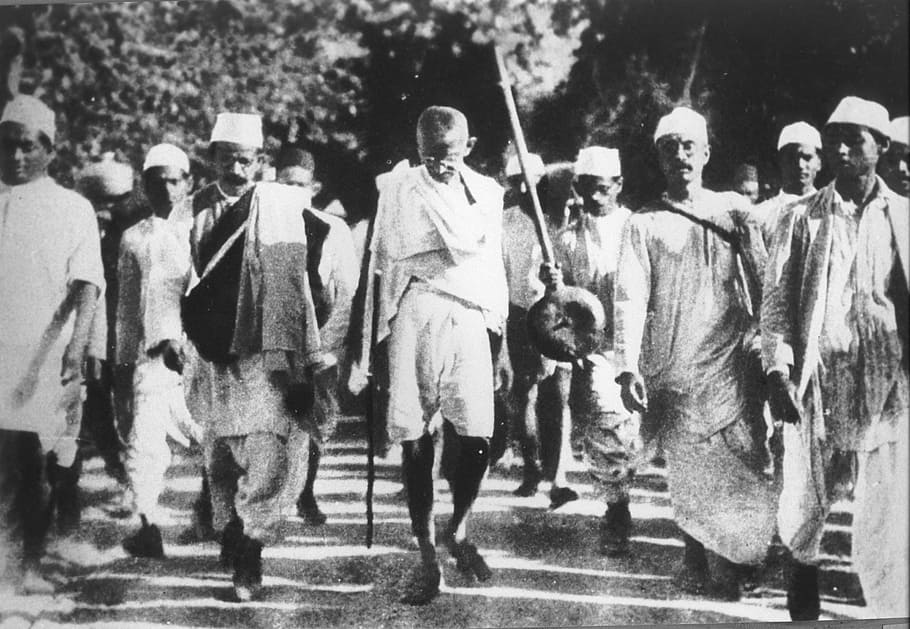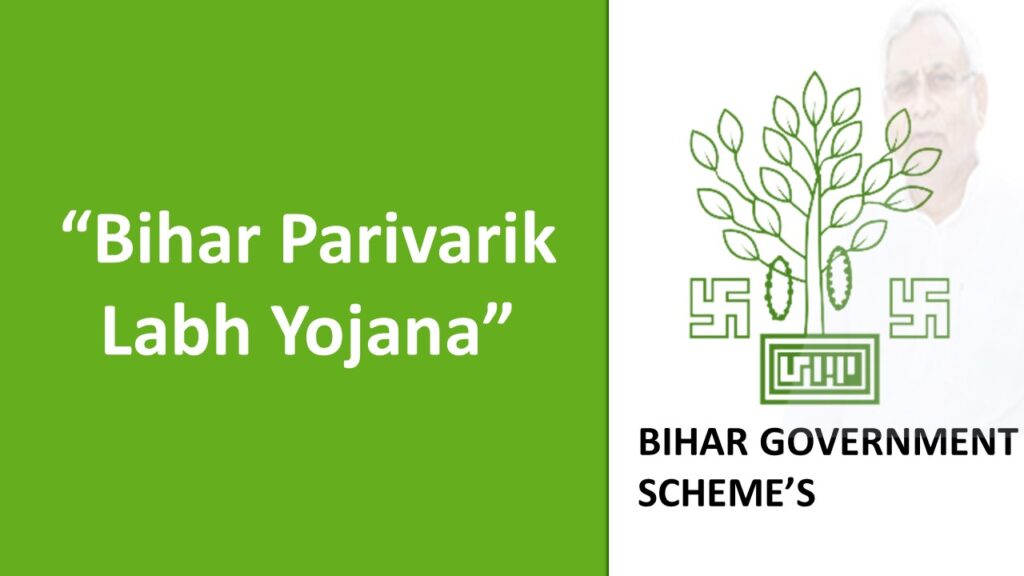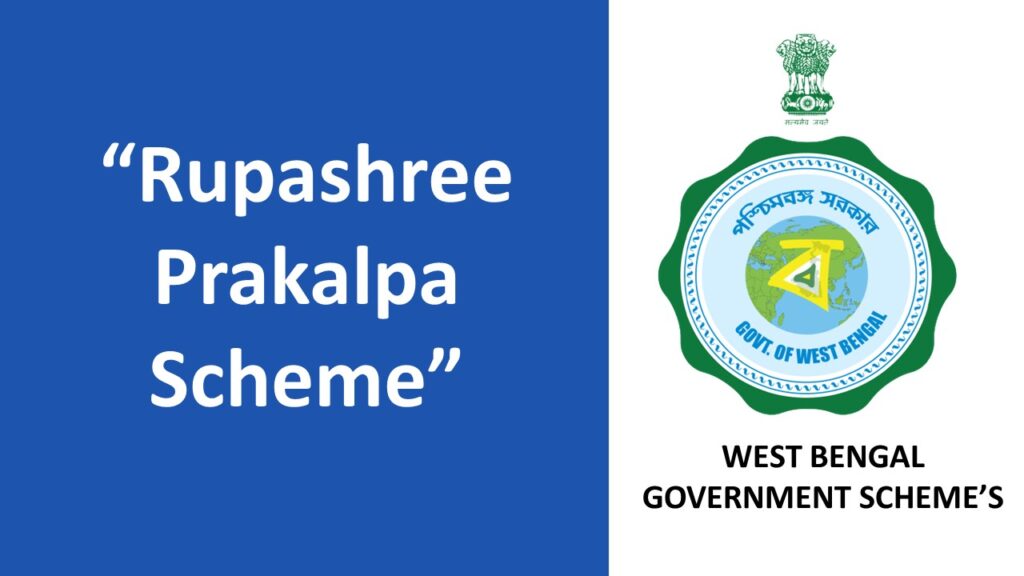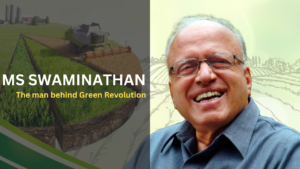Gandhi Jayanti is an occasion commemorated in India to honor the birth anniversary of Mahatma Gandhi. It is observed annually on the 2nd of October and stands as one of India’s three national holidays. On June 15, 2007, the UN General Assembly passed a resolution designating October 2nd as the International Day of Non-Violence in recognition of Gandhi’s role as a non-violent freedom fighter.
Additionally, he is revered as the “Father of The Nation,” a title bestowed upon him by Subhas Chandra Bose in tribute to his unwavering dedication to the cause of independence. Check details on Mahatma Gandhi Jayanti celebration below.
Gandhi Jayanti is a national holiday observed in all states and territories of India. The day is distinguished by prayer services and tributes held throughout the country, notably at Gandhi’s memorial, Raj Ghat, in New Delhi, where he was cremated. Common activities include prayer meetings and commemorative ceremonies organized by colleges, local government bodies, and socio-political institutions in various cities.
2nd October Gandhi Jayanti
On the day of Gandhi Jayanti debates, Painting, Essay, and Mahatma Gandhi Quiz like competitions are organised all around the country. On this day, prizes are given out for community and educational initiatives that promote nonviolence and honor Gandhi’s contribution to the Indian independence movement. Raghupati Raghav Raja Ram, Gandhi’s favorite Bhajan (Hindu devotional song), is frequently sung in his honor.

Throughout the nation, statues of Mahatma Gandhi are adorned with flowers and garlands, and some people abstain from consuming alcohol and eating meat on this day. Banks, post offices, and public buildings are shut down. The Swachh Bharat Mission was launched by Prime Minister Narendra Modi on the occasion of Gandhi Jayanti in 2014. On Gandhi Jayanti 2021, the second phase of it began.
Gandhi Jayanti 2023 History and Significance
On October 2, 1869, Mohandas Karamchand Gandhi was born in Porbandar, Gujarat. Lal Bahadur Shastri, another prominent politician and statesman from India, shares Mahatma Gandhi’s birthday. Mahatma Gandhi, a lawyer whose experiences in South Africa transformed his life, was the most important figure in the Indian independence movement.
In order to liberate India from British colonial oppression, Gandhi spearheaded numerous effective Satyagraha and Ahimsa movements. He made the fight for freedom his life’s work. His ability to persuade people with compassion and tolerance and his nonviolent method had a significant impact on the Indian civil rights struggle. On January 30, 1948, Nathuram Godse killed him.
International Day of Non-violence
In order to honor Gandhi’s values, the United Nations General Assembly declared October 2 to be the International Day of Non-Violence in 2007. The day provides an opportunity to “disseminate the message of non-violence, including through education and public awareness,” according to the United Nations. It reiterates “the universal relevance of the principle of non-violence” and the ambition “to secure a culture of peace, tolerance, understanding, and non-violence.”
Gandhi Jayanti Quotes
On the occasion of Gandhi Jayanti all over the country speeches by leaders and the debate competitions are filled with the quotes of Mahatma Gandhi. Some of the Mahatma Gandhi Quotes are mentioned below:
- Live as if you were to die tomorrow. Learn as if you were to live forever.
- Non-cooperation with evil is as much a duty as is cooperation with good.
- An eye for eye only ends up making the whole world blind.
- Strength does not come from physical capacity. It comes from an indomitable will.
- The weak can never forgive. Forgiveness is the attribute of the strong.
- Democracy necessarily means a conflict of will and ideas, involving sometimes a war of the knife between different ideas.
- First they ignore you, then they laugh at you, then they fight you, then you win.
- The weak can never forgive. Forgiveness is the attribute of the strong.
Gandhi Jayanti Speech in English for School Students
In order to honor Gandhi’s values, the United Nations General Assembly declared October 2 to be the International Day of Non-Violence in 2007. The day provides an opportunity to “disseminate the message of non-violence, including through education and public awareness,” according to the United Nations. It reiterates “the universal relevance of the principle of non-violence” and the ambition “to secure a culture of peace, tolerance, understanding, and non-violence.”
| Speech For | Gandhi Jayanti Speech in English |
| Gandhi Jayanti date | 2 October 2023 |
| Purpose of Celebration | Gandhi Ji’s Birthday |
| Gandhiji birth Date | October 2, 1869 |
Gandhi Jayanti Speech and Lines
Some of the important qualities of Mahatma Gandhi can be the part of ones speeches and lines they are as
Gandhi Jayanti, celebrated on October 2nd, commemorates the birth of Mahatma Gandhi. He was a remarkable leader who advocated for nonviolence, emphasizing the importance of causing no harm to others.
- Gandhi showed us that conflicts can be resolved without resorting to violence.
- He introduced us to the concept of “Satyagraha,” the strength of truth.
- He believed in the transformative power of honesty and its ability to shape society.
- Gandhi led a simple life, dressing modestly and living frugally.
- He encouraged contentment with what we already possess.
- On this day, we pay tribute to his teachings of simplicity, love, and truth.
- He played a pivotal role in India’s struggle for independence, and his legacy of nonviolence and peace continues to inspire us today.
- To advance our nation, let’s follow his path – always speak the truth, treat others with courtesy, and lead a life marked by honesty and integrity.
- To uplift our nation, let’s follow his path
- Speak the truth, show kindness to others, and lead a life of integrity and sincerity.”
Gandhi Jayanti Essay
Gandhi once stated, ‘My life is my message.’ Born in Porbandar on October 2, 1869, Mohandas Karamchand Gandhi was a lawyer, social activist, politician, and writer. He spearheaded the Indian Independence nationalist movement and earned the title of Father of the Nation for his humble deeds. Every October 2, we observe Gandhi Jayanti, a national holiday, to pay tribute to him.
His role in India’s liberation movement was monumental. Initiatives like the Dandi March, Quit India Movement, and Non-Cooperation Movement were spearheaded by him. Those familiar with pre-independence India understand the significance of Mahatma Gandhi’s contributions. Today serves as another reminder to express gratitude and lead a virtuous life. Let us all strive to make each day more purposeful.
Essay
Gandhi Jayanti: Honoring the Father of the Nation
Introduction:
Gandhi Jayanti is a significant national event celebrated in India on the 2nd of October each year. It marks the birthday of Mahatma Gandhi, a revered figure in the Indian independence movement. Gandhi Jayanti is a day to reflect on his principles, his contribution to the nation, and to renew our commitment to the values he stood for.
The Life and Legacy of Mahatma Gandhi:
Mohandas Karamchand Gandhi, fondly known as Mahatma Gandhi, was born on October 2, 1869, in Porbandar, Gujarat. He emerged as a pivotal leader in the fight against British colonial rule through his philosophy of non-violence and civil disobedience. Gandhi’s ideologies were deeply rooted in truth, non-violence, and the pursuit of social justice.
Gandhi’s Leadership in the Independence Movement:
Gandhi played a central role in numerous historical movements that aimed at India’s liberation. The Dandi March of 1930, where he led a march to the Arabian Sea to protest against the salt tax imposed by the British, remains one of the most iconic events in India’s struggle for freedom. His call for the Quit India Movement in 1942 galvanized the nation towards the final push for independence.
Principles of Truth and Non-violence:
Gandhi’s profound belief in truth and non-violence set him apart as a leader. His philosophy, known as Satyagraha, advocated for passive resistance and civil disobedience as potent tools against oppression. He proved that these principles, when practiced with unwavering resolve, could bring about profound social and political change.
Gandhi Jayanti Celebrations:
On this auspicious day, the nation pays tribute to Mahatma Gandhi through various commemorative events. Schools, colleges, and institutions across the country organize essay competitions, painting contests, and debates centered around his life and teachings. Special prayer services are held in schools and at Gandhi’s memorial site, Raj Ghat, in New Delhi.
The Impact on Modern India:
Mahatma Gandhi’s influence extends far beyond the era of the independence struggle. His teachings continue to inspire movements for social justice, civil rights, and non-violence worldwide. Leaders like Martin Luther King Jr. and Nelson Mandela drew heavily from his philosophy in their quests for justice and equality.
Conclusion:
Gandhi Jayanti serves as a poignant reminder of the extraordinary life and legacy of Mahatma Gandhi. It is a day to reflect on the values of truth, non-violence, and social equality that he championed. As we celebrate this day, let us renew our commitment to uphold these principles in our lives and strive to create a more just and peaceful world, in homage to the Father of the Nation.
FAQs
When is Gandhi Jayanti celebrated?
It is celebrated on 2nd October every year.
Why Gandhi Jayanti is celebrated?
It is celebrated to celebrated and honor the birthday of Mahatma Gandhi
Who is call our Father of Nation?
Gandhiji is called as our Father of Nation.







